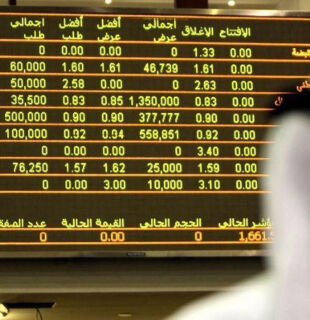
In early November, the National Bank of Moldova hosted a WB mission aimed at supporting the interagency working group in finalizing the National Strategy on Financial Inclusion (NSFD 2030) and developing an action plan for its implementation program.
The NSFD 2030 will be a set of long-term policy measures to promote the authorities’ capacity to ensure access to financial services, their quality, and to encourage citizens from different social and economic strata to use them.
According to the NBM, “at the current stage, the public and private sectors have intensified their efforts to adapt the developed measures in order to provide the necessary support for all people, regardless of gender, age, social status, opportunities, level of education or place of residence, as well as for micro, small and medium enterprises”. Special attention will be paid to “the least financially inclusive segments of the population to ensure that they have better and more equitable access to financial services”.
The development of such a strategy, the first of its kind for Moldova, fits within a technical assistance program funded by the Moldova-Growth, Resilience, and Opportunities for Well-Being Trust Fund (M-GROW), managed by the World Bank Group. The initiative is being implemented at the local level by an interagency working group formed by representatives of the seven institutions that signed a Memorandum of Understanding to develop, implement, and monitor the strategy last summer.
The development of the document is in line with Moldova’s commitment to promote sustainable economic development by enhancing financial inclusion with the support of international development partners.













